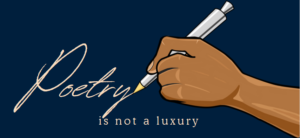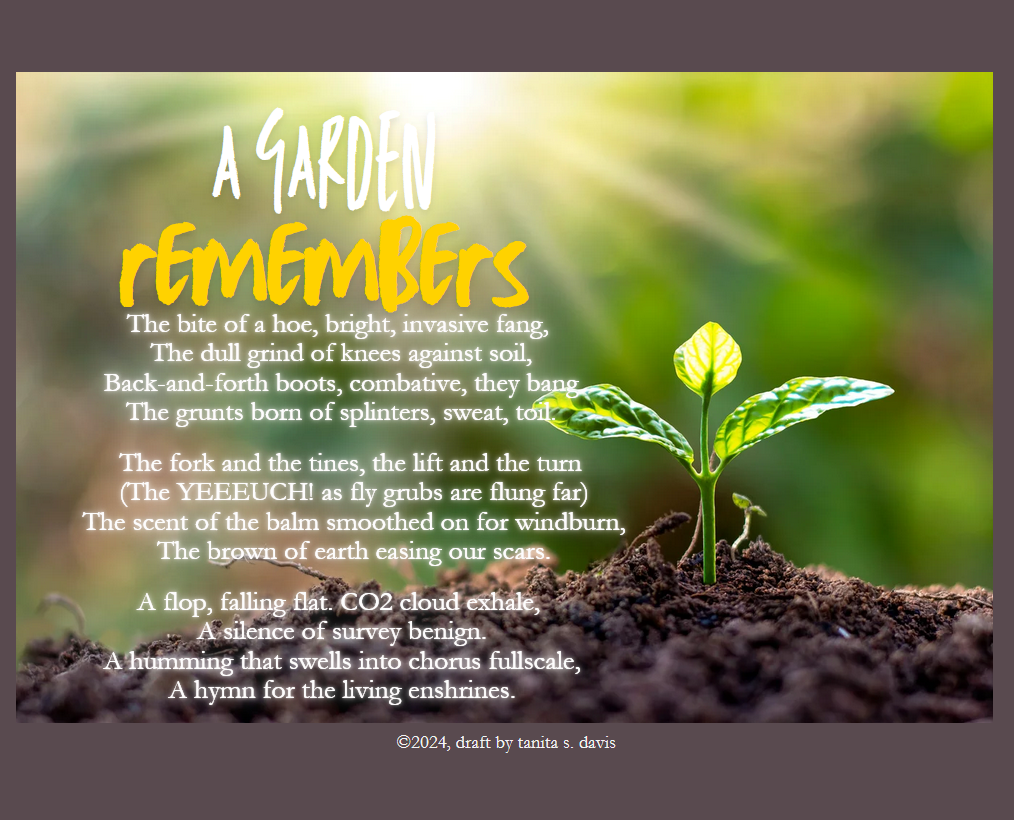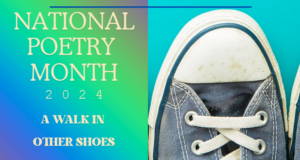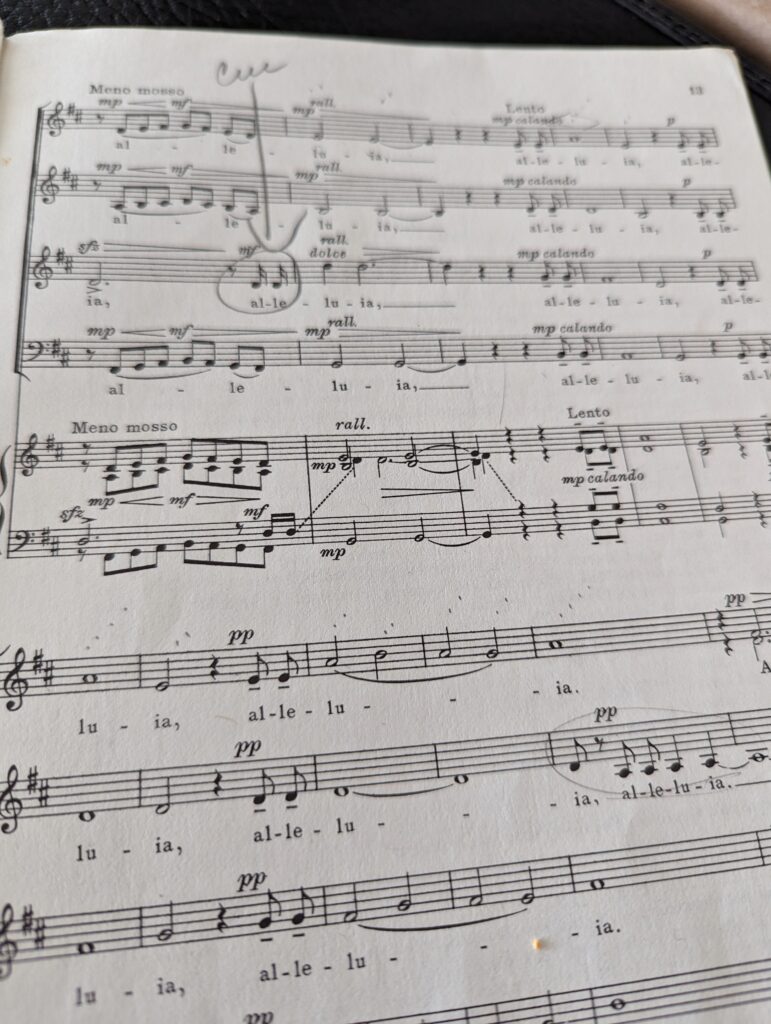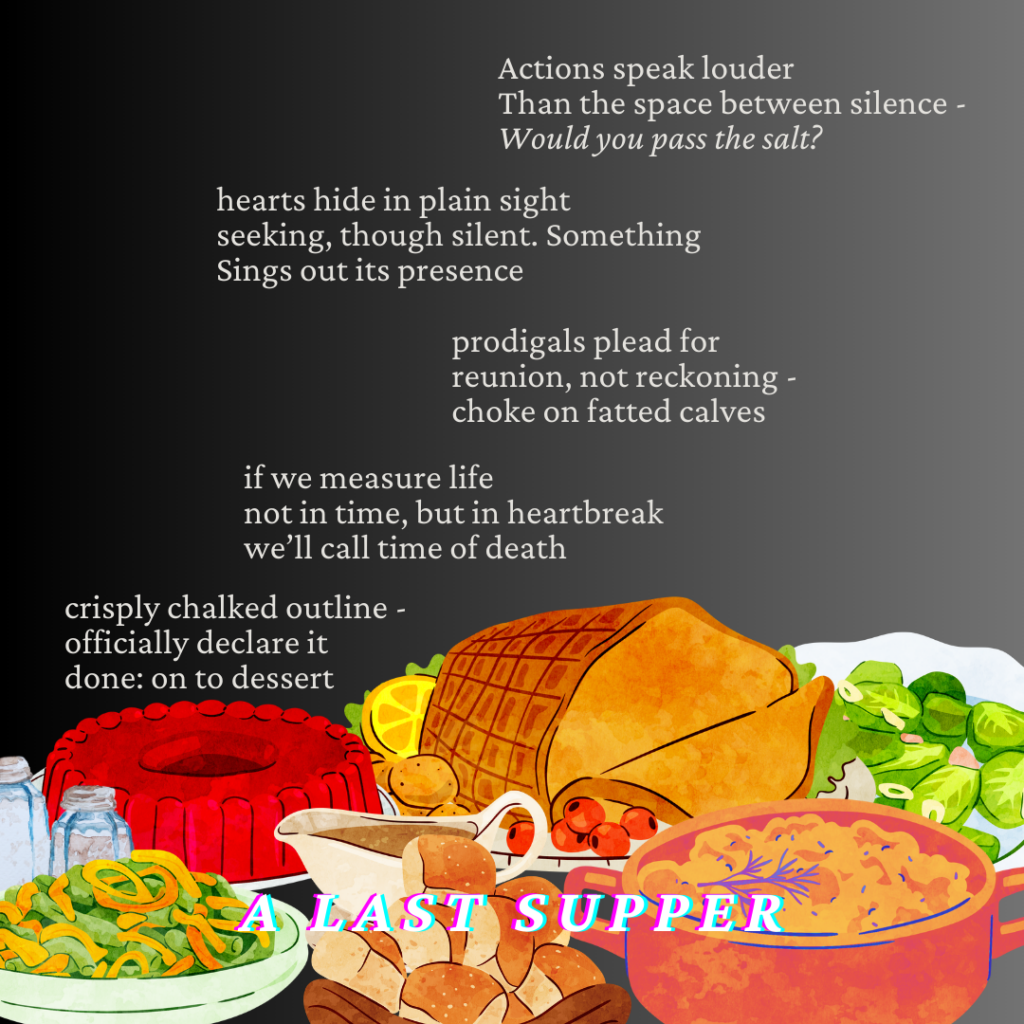Welcome to another Poetry Friday Poetry Peeps Adventure!
Poetry Peeps! You’re invited to our challenge for the month of June! Here’s the scoop: We’re writing a poem with the title ‘Wabi-Sabi.’ Aaaand, that’s… the scoop. That’s it. A little unsure of the concept and philosophy? In his book Wabi-Sabi Simple, Richard Powell described wabi-sabi as a philosophy that acknowledges a lifestyle that appreciates and accepts three simple truths: “Nothing lasts, nothing is finished, and nothing is perfect.” We’ve left ourselves room this month to meditate on all sorts of things, including, but not limited to, ellipses, pauses, and periods to acknowledge endings. Are you game? Good! Whichever way wabi-sabi wafts you, you have a month to craft your creation and share it on June 28th in a post and/or on social media with the tag #PoetryPals.
Friends, this month was a doozy.
Periodically in our poetic perambulations, we wander into a quagmire and find ourselves just… stopped. Stuck.
This time, it was because we were writing in the spirit of Lucille Clifton’s “homage to my hips,” and uncovered a lot of body image issues in ourselves. Here’s this lovely poet, praising the promising swing and sway of her bountiful hips, and we… recoiled from a paean of praise to our own bodies, because… eew. There was imperfection. There was wistfulness. There was frustration. There was a lot to dig through to get unstuck.
Soooo, we had to do a little therapy. As one does. Results? Liz’s poem is here. Mary Lee’s affirmation is here. Tricia’s poem is here, and Laura’s is here. Michelle’s poem is here, and Linda B.’s poem is here. More peeps with poetic panegyric might sally forth to give thanks for their thighs – as I discover their poems, I’ll post them, so do check back for the roundup.
From Process…
I was so, so grateful that I’d found the Bill Moyers’ recording of Lucille Clifton reading her own poem aloud. She made people laugh. She made people worry. She laughed at herself, and, gently, at their worry. She claimed she had “thrilling” body parts. In performance she was a live wire, and her joy in herself – in opposition to the societal norms which bid her condemn rather than celebrate the swish of her hips – is infectious. We all listened, and we none of us could resist that joy. So, step one, if you’re ever stuck writing something kind about yourself – listen to Ms. Lucille.
I listened for the “presence” word as I reread the poem. Ms. Lucille’s hips are big, they take up space, they don’t fit just anywhere; those hips are free and have never been enslaved. They were mighty and magical, and then she offered us proof of this. When the poem is stepped through instead of skimmed, it is easier to see where her hips sort of “break through” the confinements and actions of other people’s calmer, tamer hips. With that in mind, I turned to my own poem.
…to Poem
Of course, that meant trying to find a body part that I could deal with. Oh, sure, I could have echoed the mentor poem, but Ms. Lucille had capital ‘h’ Hips. I have… a hinge that does the job, but without much ‘verve and swerve,’ as it were. I do have shoulders that hit all of the presence words – big, take up space, don’t fit… but five lines into trying to write about them, I became entangled in the metaphorical uses of shoulders – people use them to cry on, they have to bear the weight of the world’s problems. I have shoulders like a linebacker (with only minimal exaggeration) but I don’t always want to be leading the defense and protecting the quarterback. That’s… less about the shoulder and more about what a shoulder’s expected to do. Nope. Wrong direction.
I sighed and considered. Belly buttons – what can one say about an ‘innie’ in a squishy belly? – necks – boring, really, – fingers – um, right now the joints are a bit too inflamed to be giving me praiseworthy vibes – feet, hips, spine, same issue. This is the problem with a flawed body, friends. A lot of my systems started to fail in my late twenties, and I’ve had somewhat of an adversarial relationship with my body since then. It’s too easy to find fault with it. Too easy to look at the scars of deficiencies and disorders and the associated insufficiencies and think there’s no room for homage, only abhorrence. And that’s …not good. Understandable, but not sustainable. I have to LIVE here, after all – we need a working relationship, and at minimum, respect and care and appreciation. So. Back to the drawing board yet again.
I considered body parts which I actively dislike, but couldn’t summon the energy to fight myself for them. I wondered aloud if hair was a body part – I mean, technically that could count? – and then I saw a picture of a stairwell in a museum which I love, and remember walking down those stairs MANY years ago in three-inch heels (for an event) and thought, “I loved those shoes, they made my calves look…” Oh. OH!
Suddenly, I was unstuck.
Acclaiming My Calves
These calves are strong calves,
bulging muscles Foundational
to my under
standing. Like cocoa-butter silk,
when I’m bothered to shave
them, these calves – not milk-fed (yet
Outstanding in their field) –
they don’t fit into
ordinary settings
or stovepipe boots.
Solid maple, this Mare’s
shanks. These calves,
they like a lug sole
a long stride, and a
short skirt ‘cause these calves,
they gotta Breathe.
Legs louche or Ladylike, these calves,
they lay it out, straight,
no chaser, though I have known them
To stop on a dime and Flex,
To strengthen the stretch
of my strut.
draft ©2024 by tanita s. davis
That was just the warm-up! There’s more poetry this Friday, hosted by Janice at Salt City Verse, exploring a great new poetry anthology, so check that out and the community’s poetry as well. Thanks much for hosting, Janice!
Meanwhile, here are the calves in question: you’re WELCOME.
Don’t forget what Ms. Lucille said. You have thrilling body parts. You are, both body and soul, breathtakingly made. Celebrate the wonderfulness that is you.
